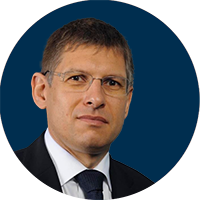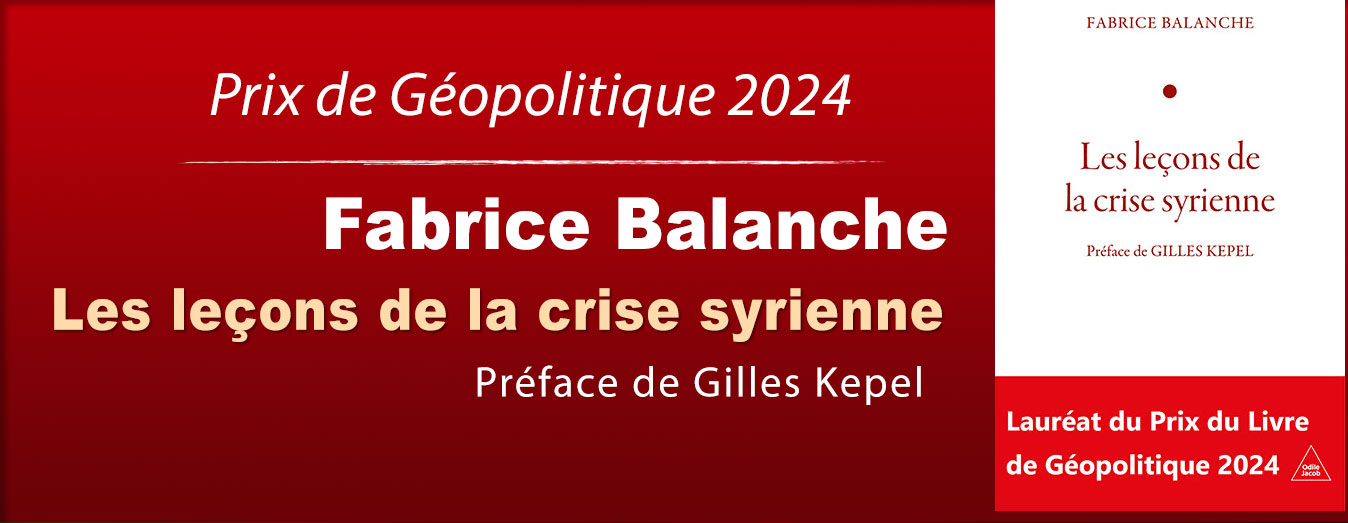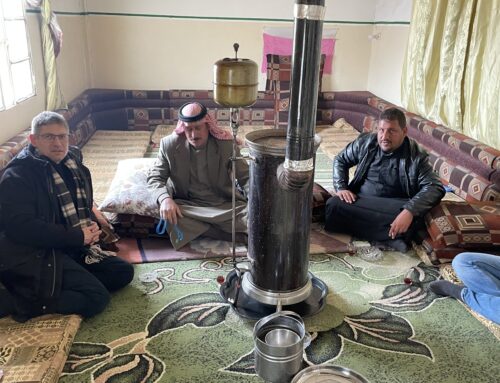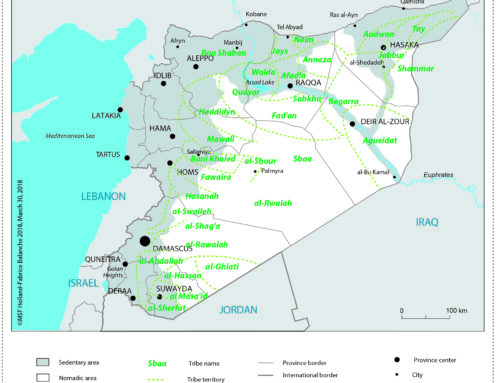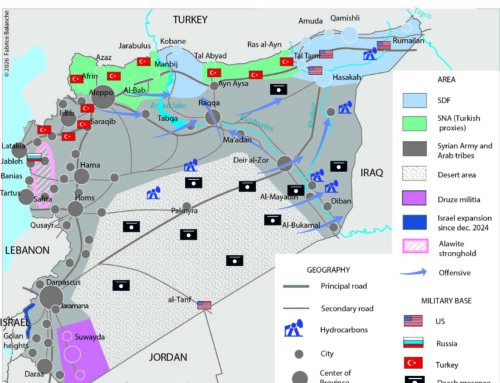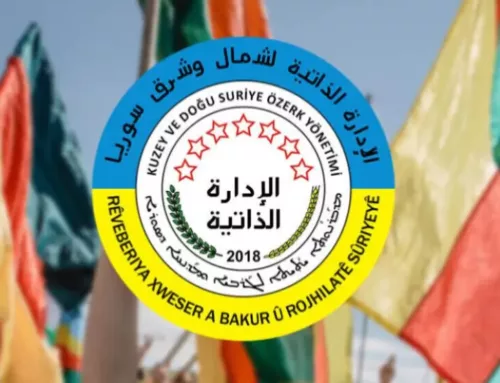On June 26, 2024, I had the honor of receiving the geopolitical book prize for my latest work: Lessons from the Syrian crisis. Jean-Louis Bourlanges, the President of the Foreign Affairs Committee of the National Assembly gave me the prize. The ceremony was hosted by Frédéric Encel, Professor of international relations and political science, Lecturer at Sciences Po Paris, in the gardens of the Hôtel de Brienne, the Minister’s offices of the Armed Forces.
A personal and collective adventure
Lessons from the Syrian crisis is a personal adventure that has been taking place since 1990, when I first stayed in Syria. However, it is above all a collective work. I must first thank Gilles Kepel, who helped and encouraged me to write this work, and especially for his admirable preface: “The sleep of reason breeds monsters”. It perfectly sums up the great Western myopia regarding the Syrian crisis, but also other conflicts and Russian aggressiveness, which we had already been able to experiment in Syria.
This book would not have been possible without the great support from Odile Jacob and Bernard Gotlieb, who welcomed me in their prestigious publishing house. I have to mention the remarkable work of the team who produced and promoted the book, in particular Marc Kirsh and Cécile Andrier-Taverne.
I must also thank all those who, since my Phd, The Alawite region and the Syrian regime, have supported my research, among them Pierre Signoles, my thesis director, Marc Lavergne, Gérard Chaliand, whose books and method inspired me so much. The book is also the consequence of three years in Washington, visiting fellow at The Washington Institute for Near East Policy and the Hoover institution to Stanford University.
Eyes wide open to reality
The lessons of the Syrian crisis constitute above all field work in the Middle East where I lived for 10 years. Which is, in my opinion, the main condition for trying to understand this region properly. It is therefore a study based also on the experience of the war, Lebanon in 2006, and during my numerous missions in Syria since 2011, where I should never have gone if I had followed the security instructions from the university.
This is unfortunately one of the many problems of the French university, because it discourages researchers from going into the field, thus preventing the collection of valuable information. Nowadays, in the French academia, it is preferable to adopt an above-ground and necessarily very ideological vision. Wokism thrives on the disconnection between studies and reality. As I explain in the introduction, I was vaccinated against all ideology after a trip to the USSR when I was 19 years old. Since 1988, I have always kept my eyes wide open to reality, favoring practical geography over a history rewritten according to the prevailing winds.
The lessons of the Syrian crisis is base on a day-to-day basis analysis, but also of 30 years of research on the Middle East with a geographer’s approach: a multi-scalar which favors contact with the field. However, in times of war, in situ missions make us aware that the classic human and social science tools, useful for understanding the causes of a conflict, no longer work in times of violence. We must use other approaches, particularly those of the military who have a perfect command of the subject. In this book, I therefore relied heavily on David Gallula, this French officer who developed a masterful treatise on counter-insurgency following the wars in Indochina and Algeria.
Disturbing but essential analyzes
During the Syrian conflict, my analysis was often criticized because I doubted that the regime would fall through simple internal protest. Which meant that if the West wanted Assad to leave, it would have to intervene directly like the United States in Iraq and then stay for around ten years to ensure the stability of the country. Simple logistical support for the rebellion could only lead to its failure and plunge Syria into chaos with the risk of turning it into “jihadistan”. For this, I must pay tribute to Jean-Dominique Merchet, who very early on opened the columns of L’Opinion to me to share my disturbing research on this war.
Explaining in 2011-2012 that Bashar al-Assad was not going to fall was not being pro-Assad, but simply showing realism based on true information. Jean-Dominique Merchet has just published a remarkable book: Are we ready for war? He is obviously neither pro-Russian nor defeatist in asking this question, but he is also trying to awaken the reason for the French people before their prolonged sleep gives rise to new monsters.

